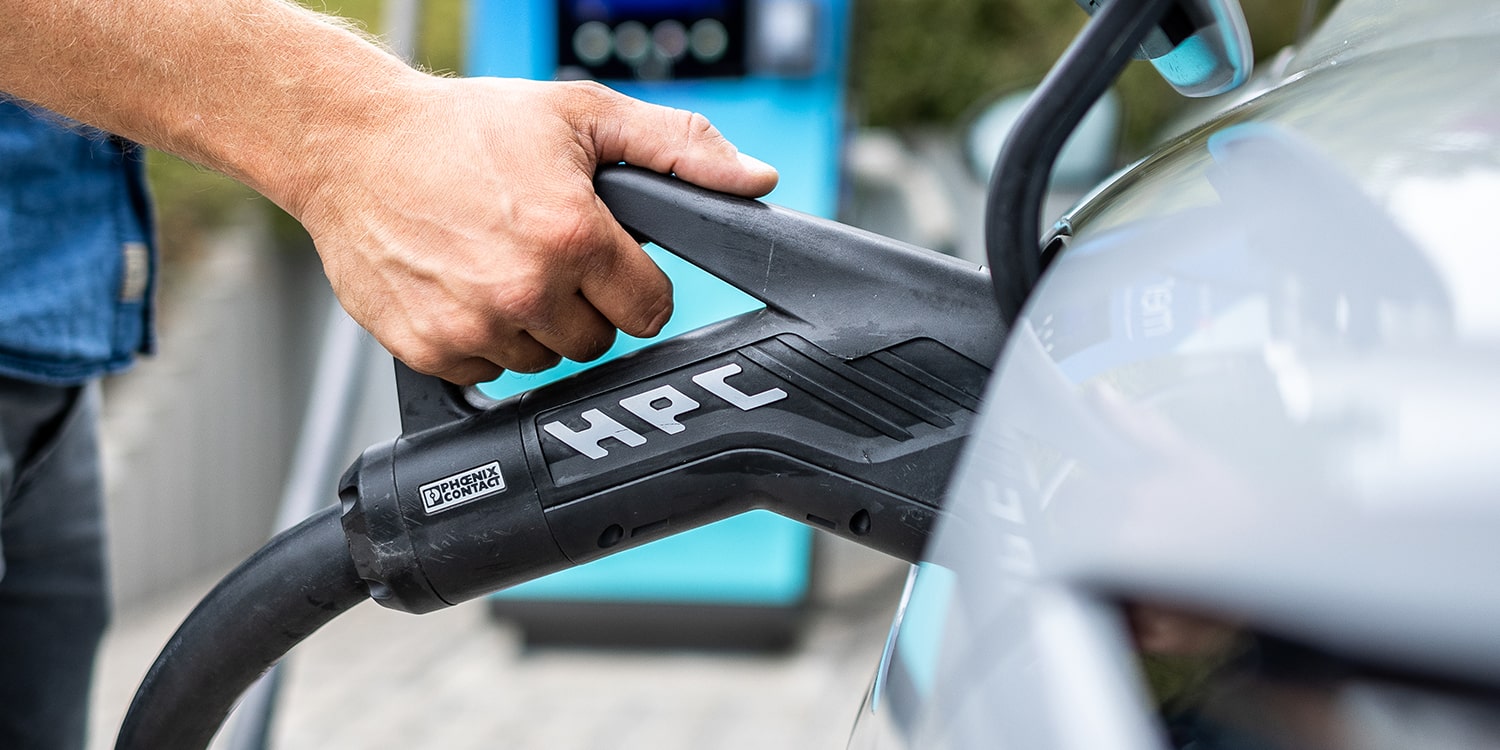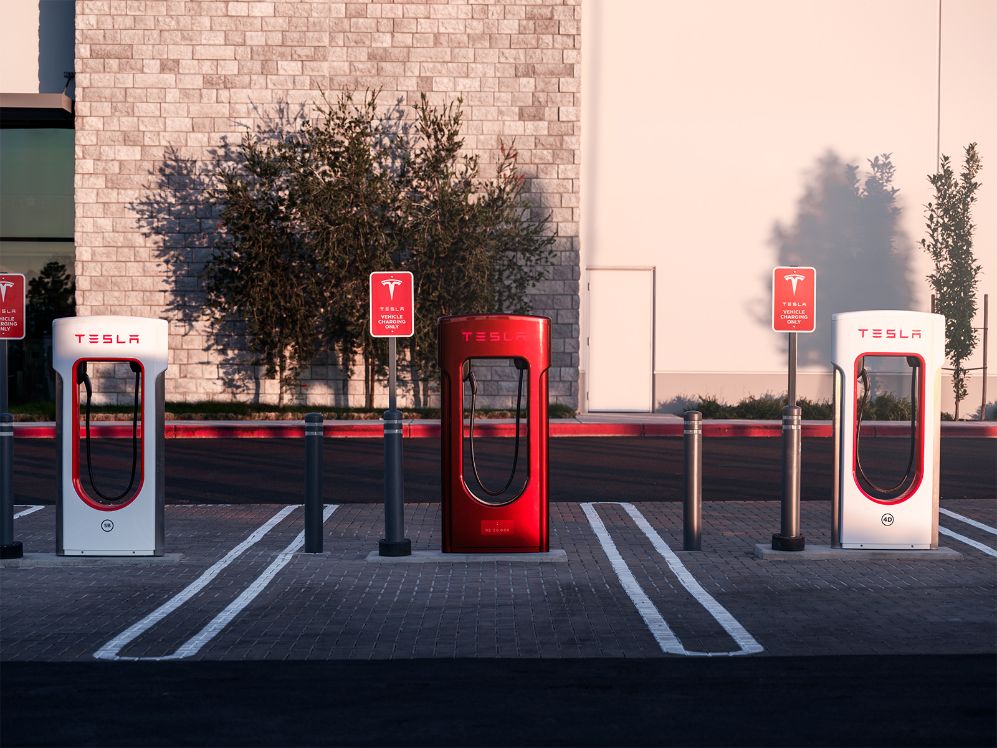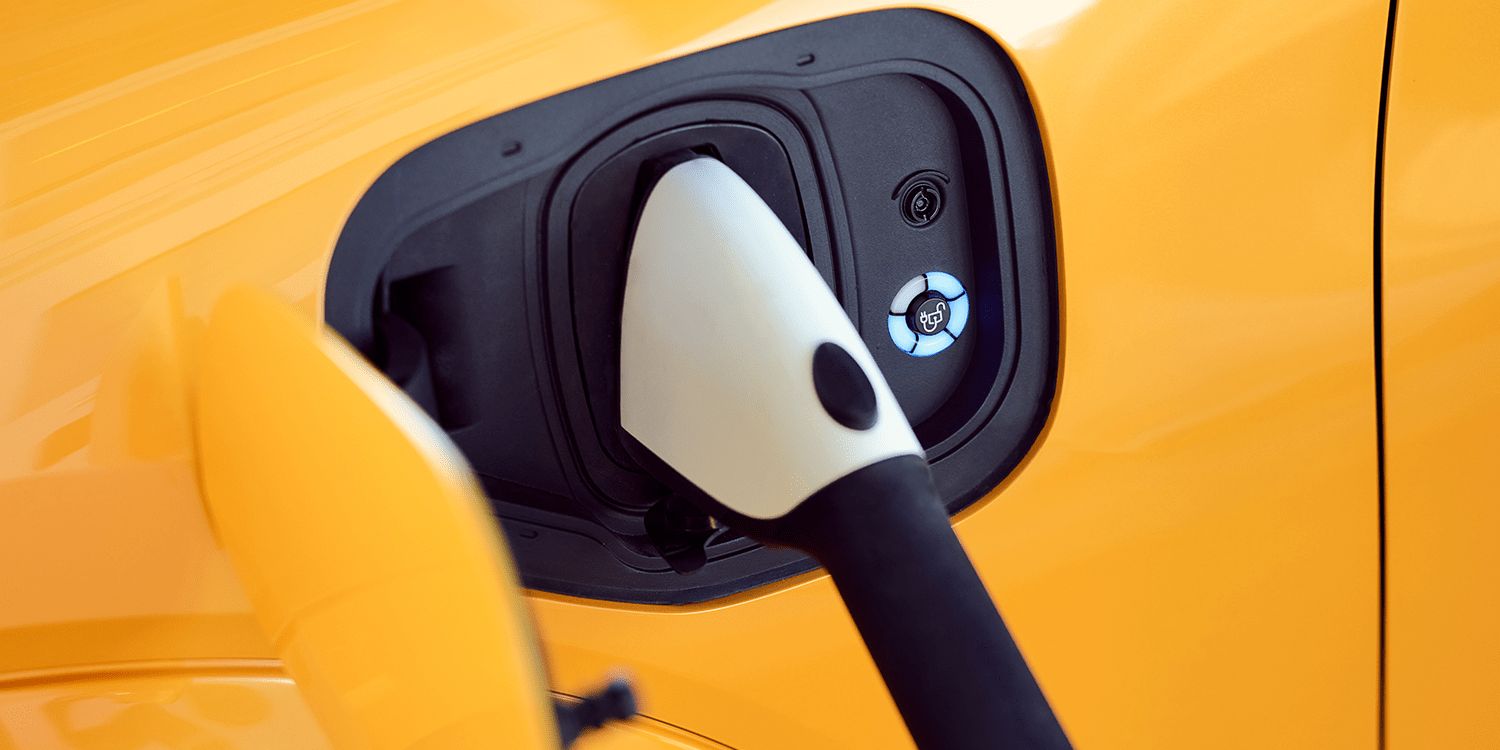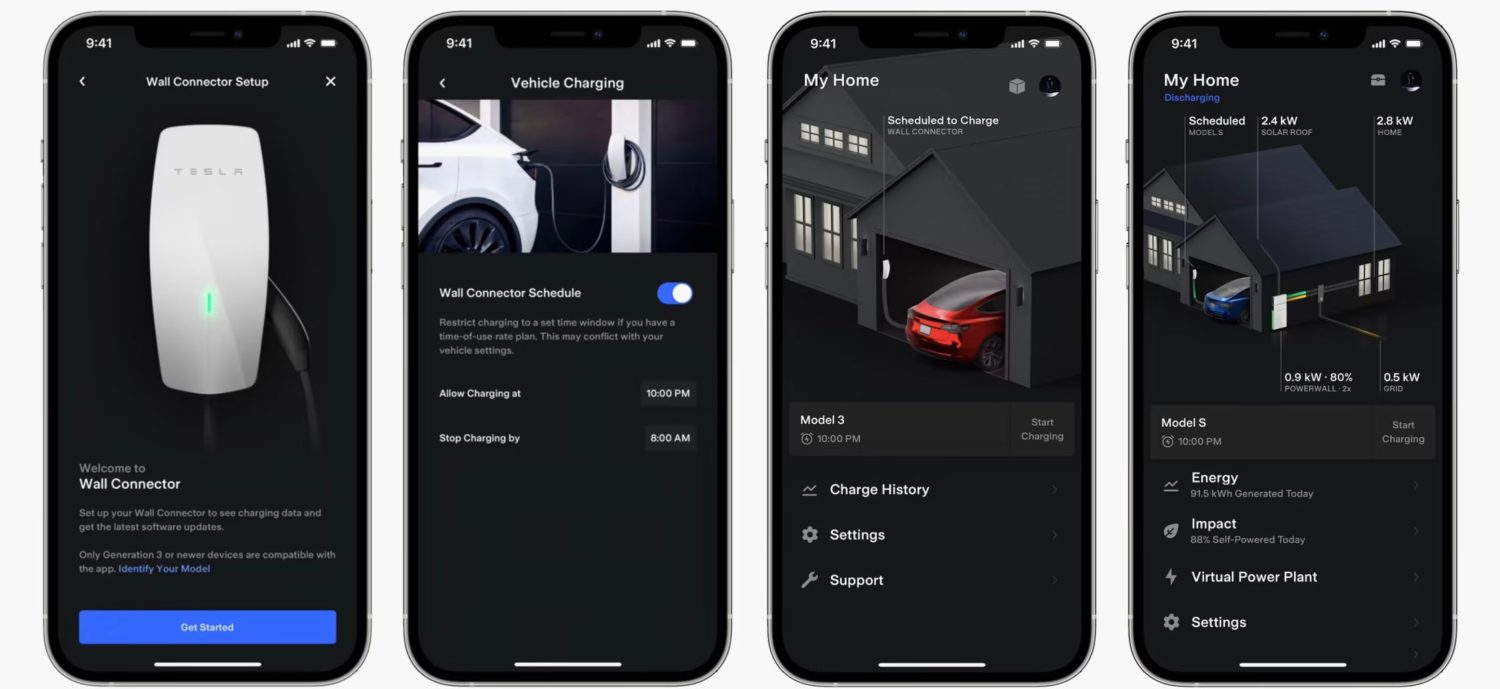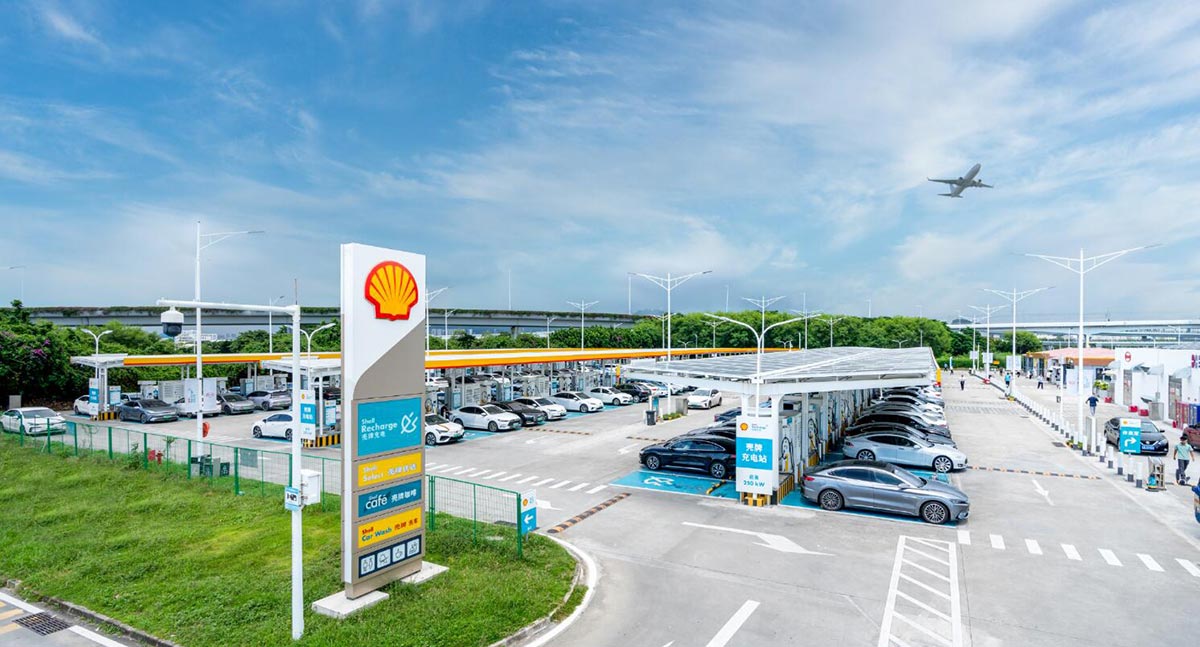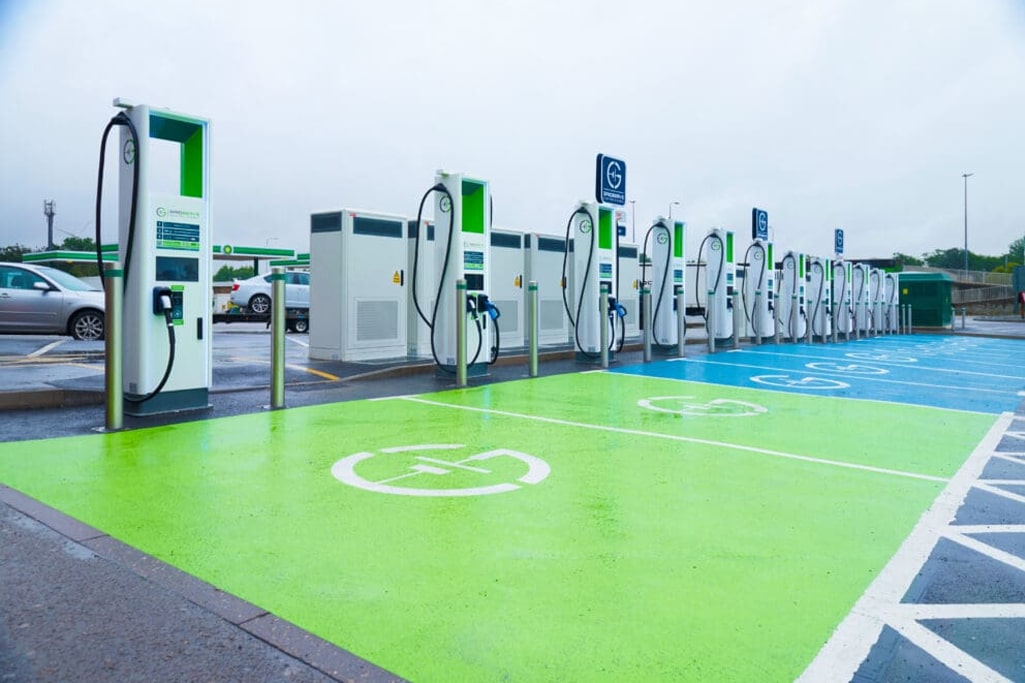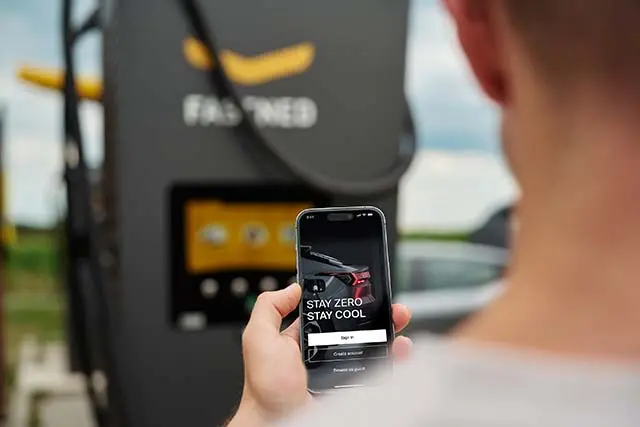The United States Department of Transportation has unveiled a Notice of Funding Opportunity, making $100 million in public funds available for the repair or replacement of existing non-operational electric vehicle (EV) charging infrastructure. This initiative, which is part of the Bipartisan Infrastructure Law passed by Congress in 2021, aims to address the growing concerns of American drivers regarding the reliability and functionality of EV charging stations.
One of the primary objectives of this funding allocation is to improve the accessibility of EV charging for American motorists. The move comes in response to widespread complaints about malfunctioning charging stations, emphasizing the importance of a seamless and dependable charging experience for EV users.
See also: US Government Allocates $1.7 Billion to Double Zero-Emission Transit Fleet with Electric Buses
Gabe Klein, the Executive Director of the Joint Office of Energy and Transportation, remarked, “We know that people expect public EV chargers to work the first time, every time. That’s why we have a multi-pronged approach to create a seamless charging experience by building a capable workforce, tracking reliability metrics, and convening industry to ensure they can meet the performance standards for federally funded chargers set earlier this year.”
Crucially, privately-owned EV chargers will also be eligible for funding through this program, provided they are accessible to the public without any restrictions. This move is designed to complement the substantial financial incentives being offered to companies planning to install new publicly accessible charging stations.
The backdrop for this initiative is the rapid growth in electric vehicles from various automakers and the increasing adoption of EVs by consumers. As EVs become more prevalent on American roads, concerns surrounding the state of the charging infrastructure have gained prominence. Notably, outside of Tesla’s Supercharger network, there have been numerous reports of broken and malfunctioning charging stations, leading to a decline in user satisfaction, according to organizations such as J.D. Power.
See also: US Department of Energy Allocates 42 Million Dollars for 12 Projects to Improve EV Battery Cells
It is worth noting that the implementation of this program will take some time. The application period for grants will remain open until November, with approvals to follow thereafter. This significant investment signals a commitment to bolstering the reliability and availability of EV charging infrastructure across the United States, ultimately supporting the transition to electric vehicles.

